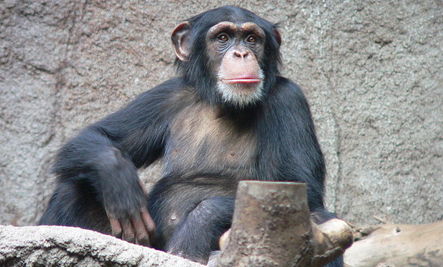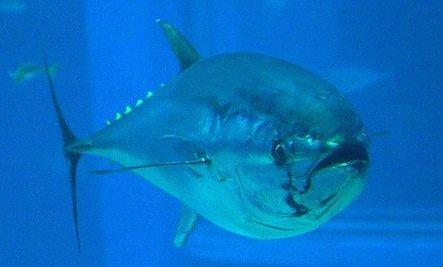Emory University researchers say the results of their study show chimps are inherently altruistic. They trained a group of chimps to recognize tokens that were of two colours. One colour could be traded for food just for one chimp, and the other was for one chimp and another. The researchers observed almost 70 percent of the time a female chimp would choose the token which provided food for herself and one other chimp.
While this research observation might not sound too ground-breaking to some, it actually contradicts previous studies which supposedly showed chimps were selfish creatures by default. The old view was that chimps were altruistic when pressured, and would not share or look out for others unless pressure was applied. Field observations noted chimps in the wild did make altruistic actions, but research studies largely did not include this view. The Emory researchers designed a Prosocial Choice Test to simplify some of the previous approaches, which reportedly produced some unclear results.
Their design actually sounds somewhat like a research study that provided opportunities to observe elephants and show how they can cooperate to achieve a goal – usually obtaining food. They also cooperate to do other things, such as protect a baby elephant from a potential predator attack. Check out a video of adult elephants gathering to help a baby elephant stuck in a muddy stream.
“It isn’t just chimps and elephants that are capable of empathy. Since empathy is an old mammalian trait, there is no reason why the sort of altruism we describe should be unique for the primates. I expect it will be found in dogs and rats. We, and others, found it previously in monkeys: capuchin monkeys, marmosets, tamarins,” said Frans de Waal, one of the researchers. (Source:IBtimes.com)
Another chimp study this year found more evidence that chimps experience empathy. Some people do not like to consider the possibility of empathy or emotion becoming part of animals’ lives, because they adhere to the belief only humans have them, subscribing to evidence of human superiority. Science is gradually overturning that outdated belief.
Image Credit: Thomas Lersch / Wiki Commons
Adapted from an article by Jake R.





